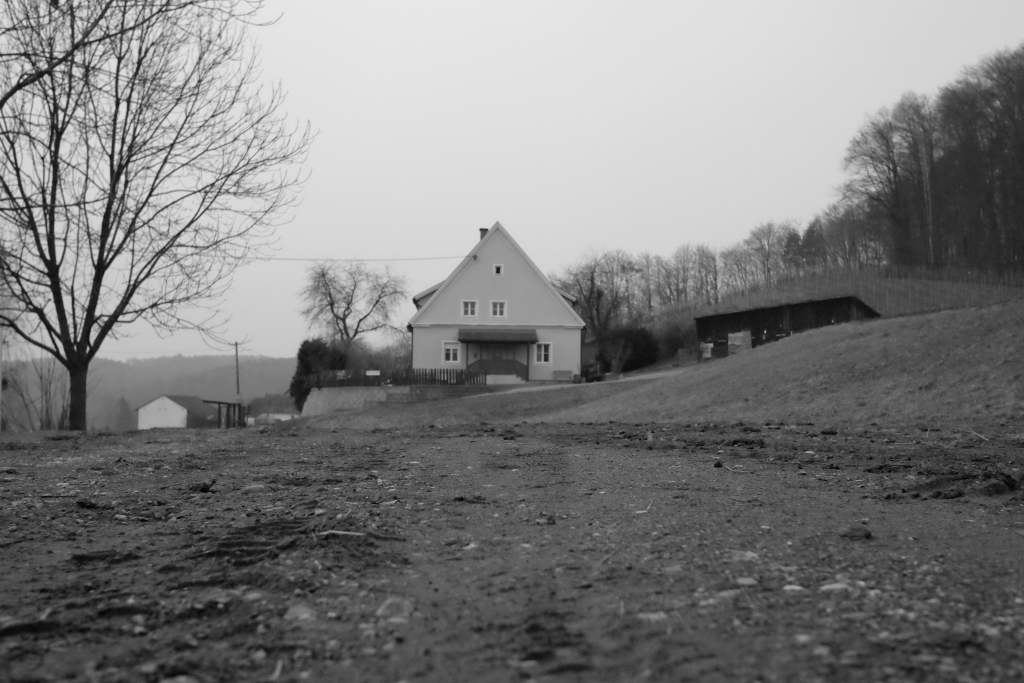“Life of Crops” unfolds the production of space through the agency of soil, law and property. Using art-based research, students will analyze Aflenz an der Sulm, the site of a former labour and concentration camp, in operation between 1944 and 1945, that is today a quaint Austrian village in a process of transformation from rural into peri-urban area. With this studio, the space of knowledge we are opening will destabilize, among other things, the picturesque image of the agricultural landscape, constructed in the Western canon as the image of peace and prosperity. We are asking: How did it happen that the space of the labour and concentration camp vanished and was transformed into such an image of peace and prosperity?
Drawing from disciplines such as architectural theory, geology, history, memory, and art, and learning from archaeological methodologies and materialist history, will enable this site to become readable, revealing how nature, agriculture, and everyday life are continuously inscribed into the place. Engaging the idea of soil as archive, and looking for what this means concretely on the ground and in the soil, students will conduct archeological fieldwork through floatation, working with soil itself. To understand the biological and more-than human matter that students will find, requires us to look for and establish necessary contexts of their work through other archaeological processes that emerge while digging into the soil. This means researching documents such as the text of the law, concepts of property, the drawing of maps, and the ideological construction of history. This material evidence of recent history will help us understand the entanglements that produced this landscape as a material and immaterial construction.
We will explore and make visible this research around the specific spatial configurations that we come to understand throughout the studio. For this, students will use cinema and radio as tools to unpack and understand how these processes work and make visible the production of space. We have invited practitioners and thinkers who will work with students in workshops around cinema (Pavle Levi), radio (Boba Stojadinović) and production in these formats.
The studio is connected to the courses Knowledge Forms led by Anousheh Kehar and Visual and Sonic Practice led by Milica Lopičić.
